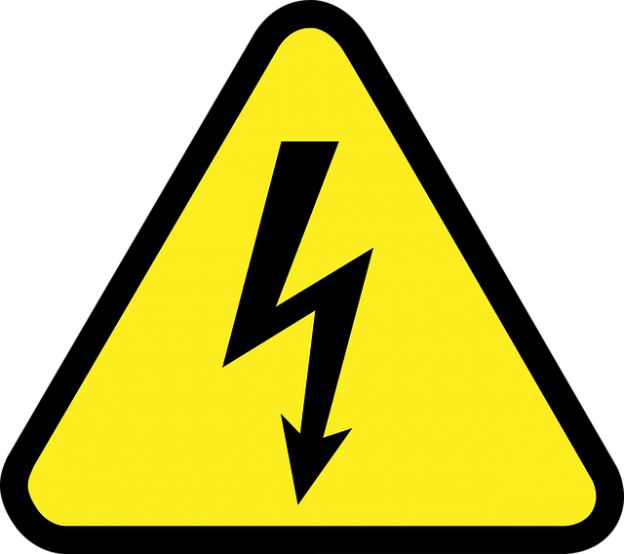Useful Tips on How to Prevent Electrical Shocks
It is perfectly safe for you to undertake electrical work in your home provided you take appropriate safety precautions that will ensure that you do not suffer an electrical shock. It is easy to assume that such an exigency is easily prevented from happening by shutting off the power but unfortunately, some work may require the power to be on while some devices hold an electrical charge even when they are switched off.
Some practical tips on protecting yourself from electrical hazards:
Shut Off the Power
If you are planning to carry out any electrical work, the very first thing that you should do is to switch off the power at the source. For an appliance, it could be as simple as unplugging or turning off the relevant circuit breaker in the service panel in your home.
Test for Supply of Power
After switching off the power, you should always test the equipment or the device to see if it is still receiving power. Ideally, you should use an electrical tester of the non-contact type before trying to touch anything in the wiring or contacts of the device.
Capacitors Can Be Deadly
Some devices that have motors like refrigerators, air conditioners, garage doors, and microwave ovens have capacitors in them that hold a charge very much like battery. You need to be very careful when working on these devices as the capacitors can deliver an electrical shock that can be fatal even though you may have switched the appliance off or unplugged it. It is extremely unwise to work on devices with capacitors unless you are familiar with the process of discharging them safely. It is usually better to find electrician near you.
Use GFCIs to Protect Yourself
If you have to work in a situation that requires the electricity to be powered on, you should ensure that your tools are plugged into a ground-fault circuit interrupter or GFCI. Alternatively, you can use an extension cord that is GFCI-protected. The GFCI has the ability to detect an electrical fault and shut off the power supply. Since the GFCI can detect faults arising out of the presence of water on electrical contacts or short-circuiting inside the device, it is a very important safety precaution while working in the presence of moisture, indoors or outdoors.
Always Use Insulated Tools
Using insulated tools may seem somewhat of overkill because you’ve already turned the power off but it can act as a potential lifesaver. When working, it is very easy for a tool to slip and fall in such a way that it makes an unexpected electrical connection and results in a fatal hazard. If the tool is insulated, you automatically reduce the chances of such accidents happening. If you need to use a ladder while working on an electrical installation, it is always safer to use one made from fiberglass as it is non-conducting.
Conclusion
Electrical hazards can be extremely unforgiving, and a simple mistake can result in possibly a fatal incident. You need to take all the precautions that you can think of and more to ensure that you are absolutely safe.
Author Bio: Dennis King writes extensively on electrical safety issues. He is also a developer of a mobile app that can find electrician near you with just one click.
















[…] problems are not uncommon, and if you elect to fix them yourself, then you should take the following precautions to prevent electrical shocks: shut off the power to the house, test the equipment you’re fixing to see if it still has power, […]